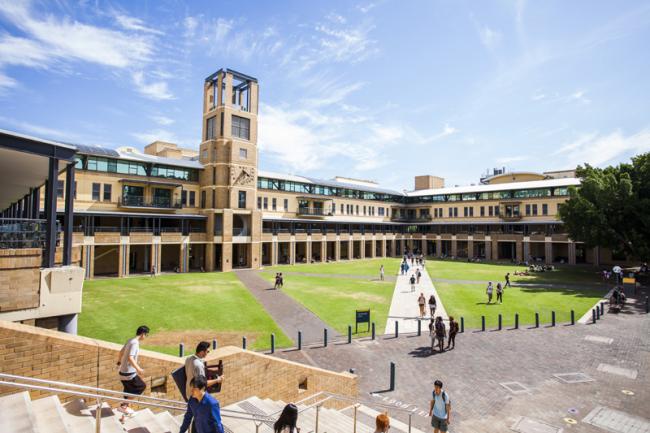
UNSW Sydney to adopt new academic calendar in global approach
New Delhi, Sept 24 (IBNS): As part of its continuing reforms to suit evolving educational needs, UNSW Sydney, one of Australia’s leading research and teaching universities, is switching the dates of its Academic Calendar from 2019 to a February-December one like the US quarter-calendar in use by top universities like Stanford and UCLA.
According to the new calendar, UNSW would have three 10-week teaching terms, and an optional five-week summer term, in a year.
“As part of a progressive and innovative 2025 strategy, UNSW is moving to a new academic calendar model from February 2019,” the varsity, ranked 45 in the QS global rankings, announced.
The new calendar is aimed to give students more flexibility, allow them to spread their study load over more of the year. Studying fewer courses per term will enable deeper learning, spreading the teaching across the year will reduce pressure on classrooms and laboratories and create a more vibrant main campus.
The change in calendar is in accordance with what UNSW President and Vice-Chancellor Ian Jacobs has said: “Universities need to evolve and one of the challenges is the changing work environment and the need for people to have lifelong education… we’re already thinking about short courses that fit with what industry wants.”
The alignment with the Northern Hemisphere university calendars will help create more global opportunities for students and reduce pressure on them. Students will study three rather than four courses each term.
The 2019 edition of the QS World University Rankings: Graduate Employability, that reviewed 500 universities, has placed UNSW 28th in the world for graduate employability.
UNSW has been attracting a growing number of bright Indian students for Undergraduate and Post Graduate studies in Business, Commerce, IT, Engineering, Design & Architecture.
According to Mr Matt Henderson, Head of Partnerships: Asia at the Division of External Relations UNSW, “UNSW’s new academic calendar will give students the flexibility to spread their study load over the year, allowing them to take up more work integrated learning opportunities and hence continuously evolve to meet market demand and to anticipate future requirements. This is what makes UNSW stand out.”
The new calendar timetable would begin with an Orientation week from February 11-15, 2019. Term One would begin on February 18, while the last day of Term three after the exams would be December 14. UNSW currently has an academic calendar that begins in early March and ends late in November.
In October 2018, UNSW will be moving to annual enrolment, which will allow students to better plan their studies by enrolling in all their courses for the following year.
The varsity will have two Undergraduate admission intakes per year – in Term 1 and Term 3.
From 2019, graduation ceremonies will be held three times a year at the end of each Term.
Support Our Journalism
We cannot do without you.. your contribution supports unbiased journalism
IBNS is not driven by any ism- not wokeism, not racism, not skewed secularism, not hyper right-wing or left liberal ideals, nor by any hardline religious beliefs or hyper nationalism. We want to serve you good old objective news, as they are. We do not judge or preach. We let people decide for themselves. We only try to present factual and well-sourced news.







